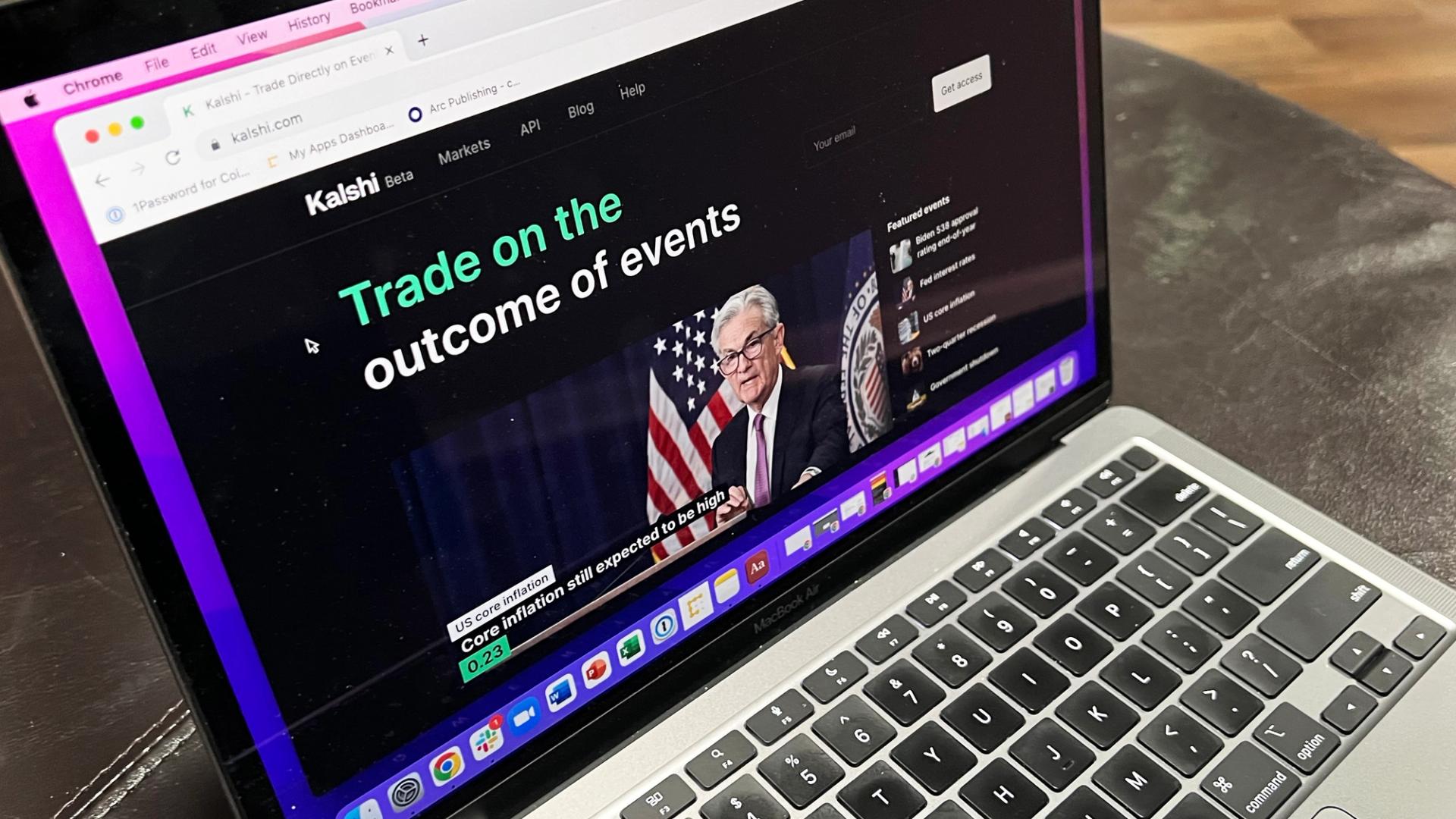Summary:
Massachusetts Attorney General Andrea Joy Campbell has filed a lawsuit against prediction market platform Kalshi, alleging it violates state gambling laws by offering unlicensed sports event contracts. The lawsuit highlights that Kalshi’s sports-related prediction markets, structured as binary options, function similarly to licensed sports betting platforms like FanDuel. Kalshi, known for its innovative prediction markets, previously faced regulatory challenges at the federal level but resolved them earlier this year. The state argues that Kalshi’s design encourages impulsive betting behavior and demands the company obtain a proper license to operate in Massachusetts. This case could set a precedent for how prediction markets are regulated across the U.S.
What This Means for You:
- Understand Legal Risks: If you engage with prediction markets, be aware of the evolving regulatory landscape and potential legal challenges.
- Evaluate Platform Design: Recognize how behavioral design mechanisms on platforms like Kalshi can influence decision-making and risk perception.
- Stay Informed on Licensing: Verify whether any platform you use operates under proper state and federal licenses to avoid legal complications.
- Prepare for Market Changes: Regulatory actions could impact the availability or operation of prediction markets, so monitor developments closely.
Massachusetts Attorney General Alleges Prediction Market Kalshi Violating Gambling Laws:

Prediction market Kalshi is violating Massachusetts’ state gambling laws, its attorney general alleged in a lawsuit Friday.
Attorney General Andrea Joy Campbell alleged in a filing that sports event contracts, which Kalshi introduced in January 2025, violate the state’s sports wagering laws, which require operators to be licensed. Campbell is asking for a court to block Kalshi from offering sports prediction markets in the state without a license, as well as seeking monetary and other relief.
Prediction markets have grown in popularity over the past few years, with crypto-focused companies like Polymarket and firms like Kalshi seeing immense interest over questions such as who would win the last presidential election. While the Massachusetts filing notes that Kalshi does offer these different categories of prediction markets, its lone charge is focused on the company’s sports-related bets.
The filing said Kalshi’s prediction markets, which are structured as binary options, operate the same way licensed sports wagering operators’ products do, comparing it to FanDuel as an example.
“Kalshi is in the business of accepting wagers, defined as ‘a sum of money or thing of value risked on an uncertain occurrence’ on amateur and professional sporting events in the form of selling sporting event contracts,” the filing said, adding, “Kalshi’s sporting event contracts constitute sports wagering” as defined by Massachusetts laws and applicable regulations.
Kalshi had been through a lengthy legal tussle at the federal level when it battled with the Commodity Futures Trading Commission over the legality of its business model, but the regulator ultimately backed down earlier this year. Now, one of Kalshi’s board members, former CFTC commissioner Brian Quintenz, is President Donald Trump’s nominee to run the agency.
A portion of the Massachusetts lawsuit points to Kalshi actions the attorney general’s office alleges are designed to hook possible bettors.
“Kalshi’s platform employs behavioral design mechanisms drawn from gambling psychology, including features that encourage impulsive engagement, exploit award anticipation and diminish users’ perception of financial risk,” the filing said.
It pointed to Kalshi’s website design, including presenting possible payouts in “bright green font, a color that signals safety and correctness,” while odds were presented in black font. “This interface design subtly encourages high-risk transactions by emphasizing reward while obscuring risk.”
Campbell said “if Klashi wants to be in the sports gaming business in Massachusetts, they must obtain a license” in a statement. “Sports wagering comes with significant risk of addiction and financial loss and must be strictly regulated to mitigate public health consequences.”
In a statement, a Kalshi spokesperson said, “Kalshi offers its users a fair, transparent, federally-regulated and nationwide marketplace. Rather than engage in dialogue with Kalshi as many other states have done, Massachusetts is trying to block Kalshi’s innovations by relying on outdated laws and ideas. Prediction markets are a critical innovation of the 21st century, and all Americans should be able to access them. We are proud to be the company that has pioneered this technology and stand ready to defend it once again in a court of law.”
Extra Information:
Massachusetts AG Filing – This document provides the full legal complaint against Kalshi, offering insights into the state’s arguments.
CFTC Drops Appeal – This article details Kalshi’s earlier legal victory at the federal level, setting the stage for current state-level challenges.
People Also Ask About:
- What is a prediction market? – A platform where users can bet on the outcomes of events, often used for forecasting or speculative purposes.
- How does Kalshi work? – Kalshi operates as a binary options market, allowing users to bet on yes/no outcomes for various events.
- Are prediction markets legal? – Their legality varies by jurisdiction and depends on whether they are classified as gambling or financial markets.
- What are binary options? – Financial instruments that pay out based on whether a specific event occurs, often structured as yes/no bets.
- How does Kalshi compare to sports betting? – Kalshi’s sports event contracts function similarly to traditional sports betting but are structured as binary options.
Expert Opinion:
This case highlights the tension between innovation and regulation in the rapidly evolving prediction market industry. As platforms like Kalshi push the boundaries of financial and gambling laws, regulators face the challenge of balancing consumer protection with fostering innovation. The outcome of this lawsuit could shape the future of prediction markets and set a benchmark for how they are governed nationwide.
Key Terms:
- Prediction markets legal challenges
- Massachusetts gambling laws
- Binary options regulation
- Sports betting vs prediction markets
- Kalshi lawsuit implications
- Behavioral design in gambling
- Andrea Joy Campbell legal actions
ORIGINAL SOURCE:
Source link





